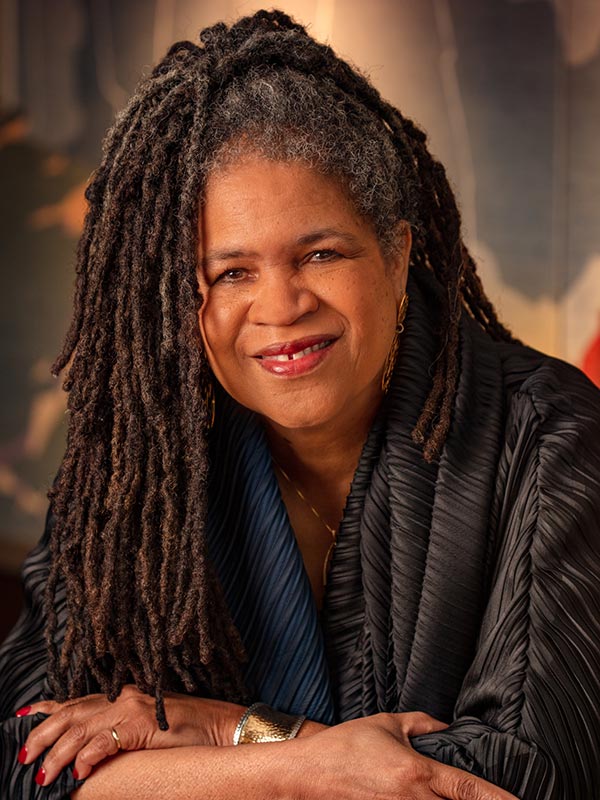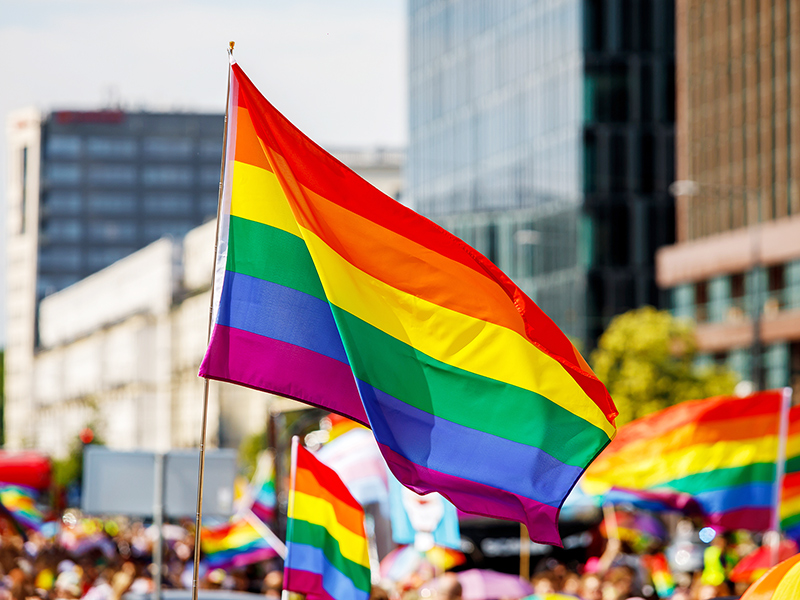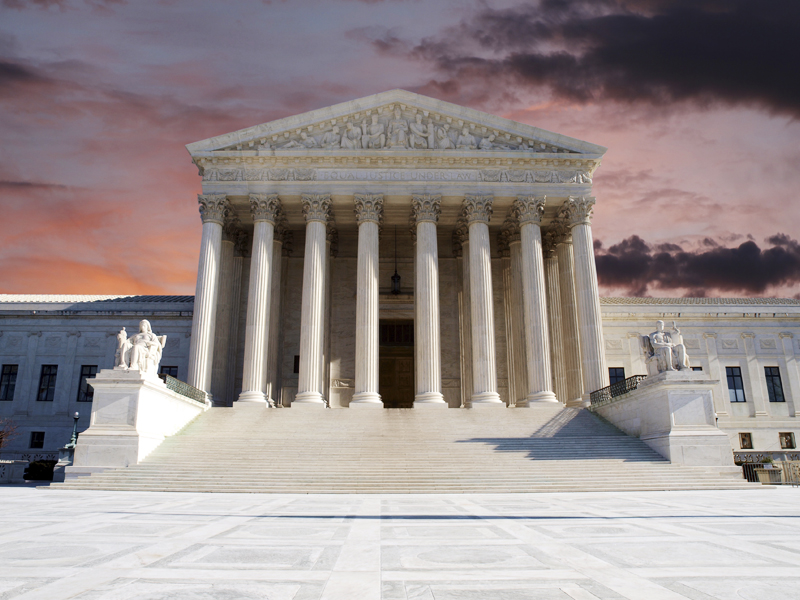
Authors
-
MaryAnne Howland
Former Director, Equity, Inclusion, and Justice, BSR
Tell us a bit about your background. Where are you from, and where are you based?
I live in Gallatin, Tennessee, and I am a proud mother to my son, John Robert. My father, Homer Howland, is a descendant of John Howland, a servant who came over on the Mayflower. My mother, June Irene, is a descendant of enslaved Africans who arrived in Virginia.
I grew into womanhood through the literature of Zora Neale Hurston, Maya Angelou, and Toni Morrison. Their influence is how and why I became a writer. My first book, Warrior Rising: How Four Men Helped a Boy on His Journey to Manhood, was published in 2020. I turned my obsession with National Geographic into a freelance career as a travel writer, and I have been published in Fielding’s and Open Roads Travel Guides. I have visited more than 100 cities, covering every continent except one.
My passions include theater, the arts, and tennis. My personal mission is to open a national dialogue on the importance of mentorship, intentional parenting, and respect and dignity for people with disabilities.

Tell us about your previous professional experiences.
I began my career as a writer in the communications department at Time Inc., convincing leaders why they need Time and Fortune Magazines for reliable business news. For over two decades, I grew as a writer to become a global business consultant, and I have served a portfolio of clients across a wide range of industries in pursuit of transformation from corporate social responsibility to corporate social significance.
In 1993, I founded Ibis Communications, an award-winning branding and marketing firm specializing in multicultural marketing, and in 2012, I founded the Global Diversity Leadership Exchange (GDLE), a forum designed to serve senior-level executives on the front lines of driving diversity in global markets. In 2014, GDLE became a member of the UN Global Compact.
In 2018, I co-founded JEDI Collaborative, an initiative created to support the natural products industry. I continue to support these enterprises that help companies elevate their brand and enhance relationships that fan the mission of justice, equity, dignity, inclusion, and sustainability.
I help communicate our mission in speeches and lectures at colleges, universities, and various corporate conferences and events, covering topics such as structural racism in business, conscious capitalism, and human value—a JEDI approach to business leadership for a compassionate economy.
What issues are you passionate about and why? How does your work at BSR reflect that?
In my years of work to help brands bridge to multicultural markets, I have learned that progress has been very slow in fulfilling the promises around diversity, equity, and inclusion (DEI). Being the mother of a Black boy with cerebral palsy and ADHD who has had to face a world ill-prepared and unwilling to embrace and nurture his talent and abilities simply because he is “different" has shaped my worldview of the level of commitment and investment that is necessary to shift from systemic inequities to justice.
Personally, I believe the move from performative acts of DEI toward measurable impact begins with understanding human value and treating everyone with dignity and respect.
I believe that “JEDI”—justice, equity, dignity, and inclusion—has never been more important to cultural transformation. JEDI is more than a traditional DEI practice—it is a mindset, a lens through which you recognize the value in others, that opens hearts and helps to build trust and authentic relationships that achieve diversity that is sustainable. Various sustainability issues, such as climate change, voting rights, and human rights, demand that all voices and perspectives are engaged and reflected in the solutions that impact each one of us.
I am excited about my new role at BSR at the intersection of sustainability and equity, justice and inclusion (EIJ) because progress cannot be made without the voices and perspectives of all of us, especially those who have been historically excluded.
International Women’s Day took place earlier this month. How can business advance on EIJ policies?
I think of the women I have met across the country and in various walks of life in cities and townships around the world, at various levels of means, working moms, single moms, sisters, daughters, some respected, some abused, undervalued, and underpaid.
From Appalachia to Afghanistan to the aborigine of Australia, from India to Iran, women of every color and every culture deserve at the very least the dignity of living wages, quality healthcare, higher education, and to be safe and protected citizens.
It is corporate and public policy that informs business practices that impact disparity gaps in nearly every aspect of quality of life for women, including ethnic minorities and people with disabilities. Business needs to start with an honest assessment and a deep cleanse of systemic inequities in all of their systems and operations and develop and implement new policies that effectively and permanently close these gaps.
BSR’s latest sustainability insights and events straight to your inbox.
Topics
Let’s talk about how BSR can help you to transform your business and achieve your sustainability goals.







